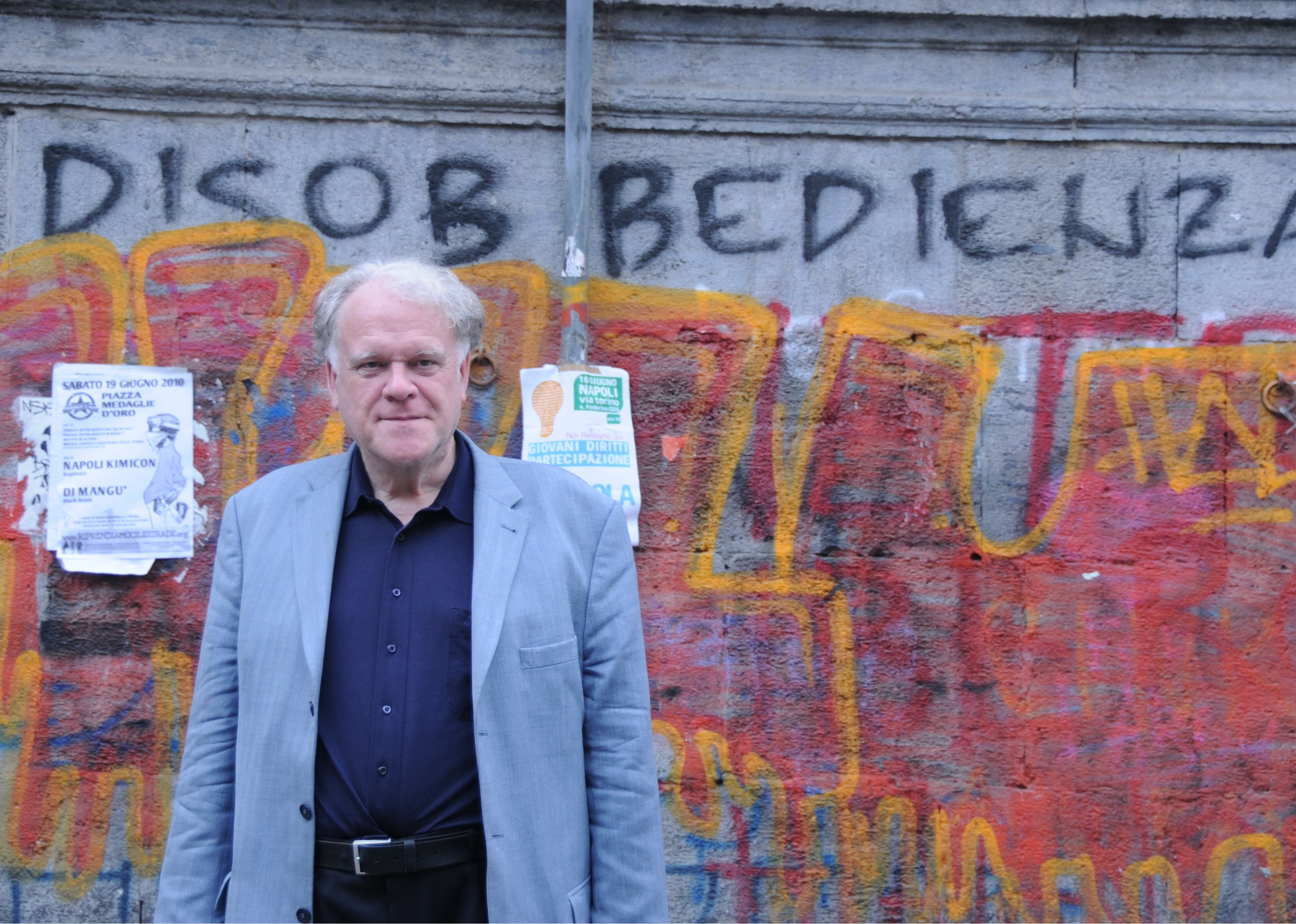The Other Trial in The Brothers Karamazov
DOI:
https://doi.org/10.13136/1013-2309/1461Аннотация
The Brothers Karamazov ends with one of the most famous criminal trials in world literature, but few readers remember that it begins with a frivolous civil suit: Pyotr Miusov’s dispute with the monastery over land rights. The lawsuit drags on for years, and it gives Miusov a pretext for joining the Karamazov family on their visit to the Elder Zosima at the beginning of the novel. In this essay, I argue that far from inconsequential, Miusov’s lawsuit establishes the novel’s concerns about boundaries and their relationship to justice. This legal dispute over the monastery’s borders sets up a contrast between legal justice, predicated on (often meaningless) binaries, and an alternative vision of justice based on inclusion and shared responsibility. Miusov’s interest in defining the monastery’s boundaries is juxtaposed with Zosima’s view of the monastery walls as porous. I draw on Al Katz’s Boundary Theory to explore how these two opposing views of the monastery’s borders offer spatial way to think about the novel’s moral questions. Miusov’s unresolved property dispute may seem far less weighty than the murder trial, but it introduces the legal system’s reductionist binary logic of mine or yours, right or wrong, innocent or guilty. At the end of the novel, that same logic will cause the wrong man to be convicted through a “judicial error.”
Keywords: Dostoevsky; The Brothers Karamazov; Boundary Theory; Law and Literature; Binaries; Brotherhood
Загрузки
Опубликован
Выпуск
Раздел
Лицензия
Copyright (c) 2025 Erica Drennan

Это произведение доступно по лицензии Creative Commons «Attribution-NonCommercial-ShareAlike» («Атрибуция — Некоммерческое использование — На тех же условиях») 4.0 Всемирная.
Уведомление об авторских правах
Авторы должны соблюдать следующие условия:
- Авторы сохраняют авторские права на свои работы, но передают журналу права первой публикации. Вместе с этим статьи будут лицензироваться по системе условий использования произведений Creative Common License - Attribution - No Commercial Use, которая разрешает другим исследователям делиться работой с указанием интеллектуальной собственности автора и ее первой публикации в данном журнале для некоммерческого использования.
- Авторы могут придерживаться других лицензионных соглашений, не исключая распространение опубликованной версии их работы (например, включив ее в архив учреждения или опубликовав в монографии), при указании на первую публикацию в данном журнале.
- Авторы могут распространять свою работу (например, в институциональных репозиториях или на личном веб-сайте) до и во время процедуры подачи публикации, поскольку это может привести к выгодному обмену и цитированию работы (см. также The Effect of Open Access, «Эффект открытого доступа»).
По всем вопросам обращайтесь по эл. адресу:
или




